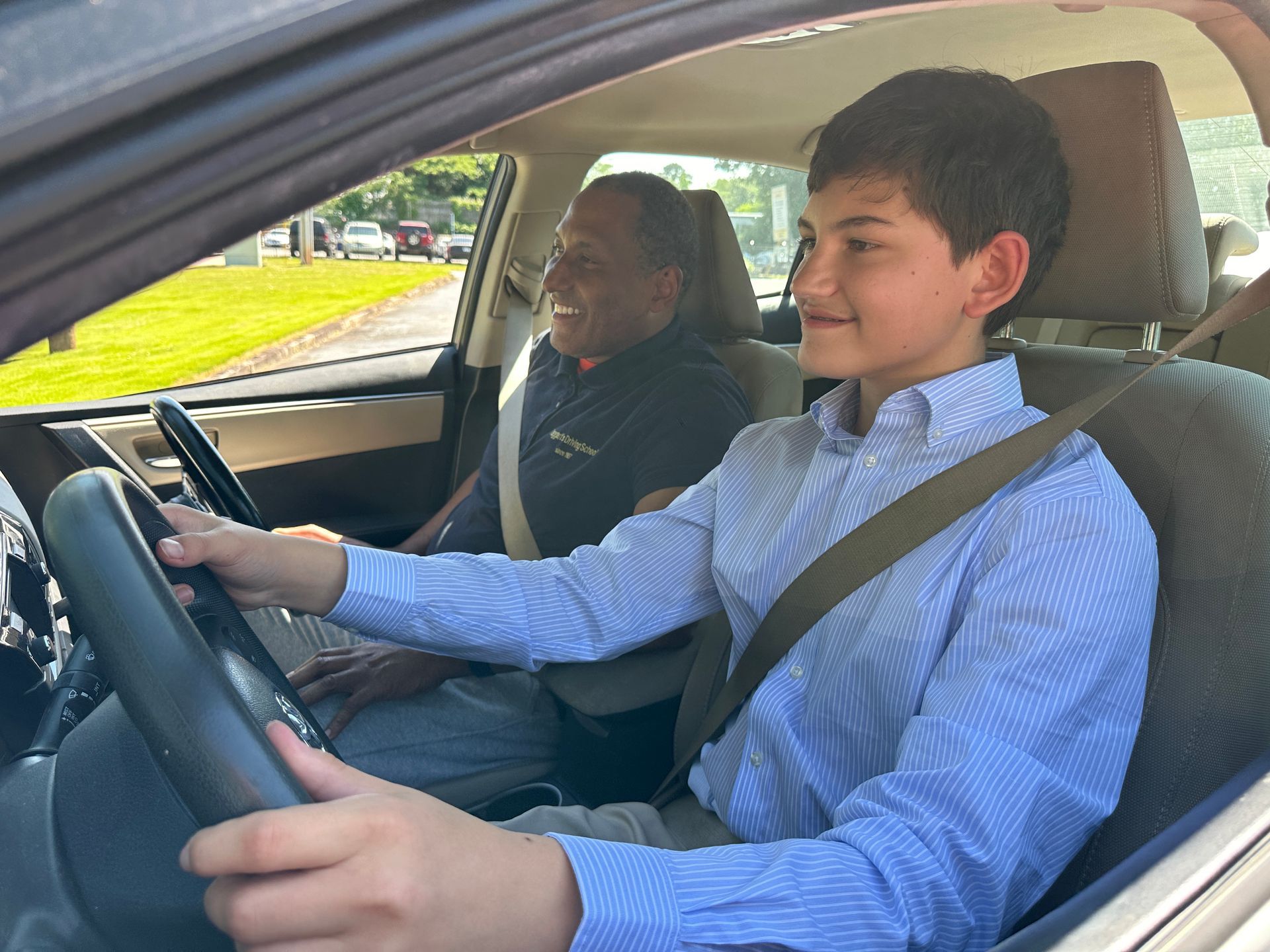Statistically, teenagers cause a lot of accidents, especially in the months between May and August, making them the highest accident demographic in the United States. Therefore, taking a driver’s education course is paramount to increasing their safety. There are some critical reasons teenagers should take a driver’s education course.
PROPER TECHNIQUES
Teenagers who go through training learn how to drive. This training is formal and teaches all the proper steps on driving. These steps include checking mirrors, fastening seatbelts, and hand positions. It also includes on-the-road strategies and teaching about distracted driving.
DEFENSIVE DRIVING STRATEGIES
Driving schools teach students how to anticipate road hazards that may occur. The hazards could include any internal problems such as how to handle a vehicle during a flat tire or engine problem. Instruction also includes how to maneuver in adverse weather conditions.
BETTER PREMIUMS
Most insurance companies give discounts on insurance to those who take driver’s education courses. Since insurance rates are typically higher for those under the age of 25, these discounts on insurance are extremely beneficial.
The high incidence of teenagers involved in accidents signifies a real need for formal driver’s education. Many states already require students to complete training before licensure, but even those that don’t provide substantial benefits. To locate a driving school in your area, call Taggart’s Driving School in Tucker.










